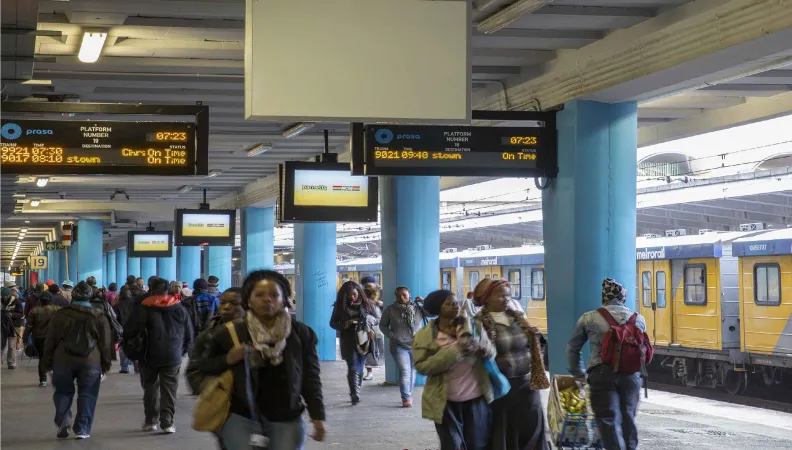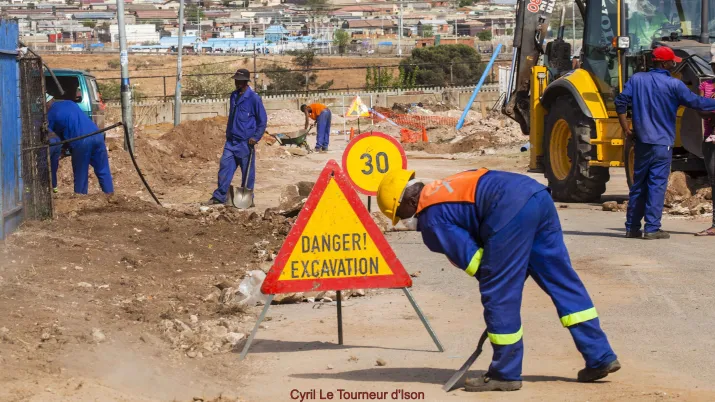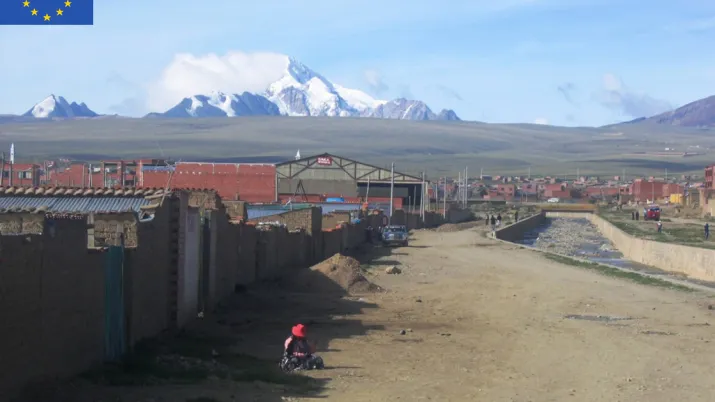Share the page
Measuring the impact of spatial inequality and quality of institutions on subjective wellbeing

-
Project start date
-
2023Status
Completed
-
Project end date
-
2024
-
AFD financing amount
-
15000
-
Country and region
-
Partners
-
Research program
How do spatial variation in inequality and quality of institutions interact to explain variation in subjective wellbeing in South Africa? The EU-AFD Research Facility on Inequalities will seek to answer this question in collaboration with the University of Cape Town (UCT).
Context
Despite several efforts to promote pro-poor growth, South Africa remains one of the most unequal countries in the world. While the country's colonial history and apartheid are known to have contributed to this inequality level, the nature and dynamics of its impact on society are yet to be fully understood.
Literature suggests that better institutions and lower level of inequality improve subjective wellbeing. However, evidence that examine how the interaction between these two variables explain variation in wellbeing is relatively scarce. This study will thus contribute to a deeper understanding of inequalities in South Africa.
This project is part of the call for research proposals “Advancing the inequality agenda through collaborative research: identifying the priorities for a global Team Europe approach on inequalities”, launched by the Strategic Committee of the Research Facility on Inequalities. It is coordinated by AFD and co-financed by the European Commission, AECID and ENABEL.
Objectives
This research project has two main objectives:
- Explore how variations in governance (such as audit outcomes) across South Africa's district municipalities explain the variation in the well-being of individuals.
- Investigate how the interaction between the variation in governance across local government municipalities and inequality among individuals explains variation in subjective well-being.
Method
To investigate the interactions between the quality of institutions and of the governance, the level of spatial inequality and the subjective wellbeing, researchers will use the National Income Dynamics Study (NIDS), a nationally representative survey of individuals across South Africa, which is repeated over five waves between 2008 and 2017. They will also use audit outcomes of local municipalities to proxy for the quality of governance.
Results
You will find below the research paper related to this project:
Contact
-
Anda DAVID
Economist, scientific coordinator of the EU-AFD Research Facility on Inequalities




